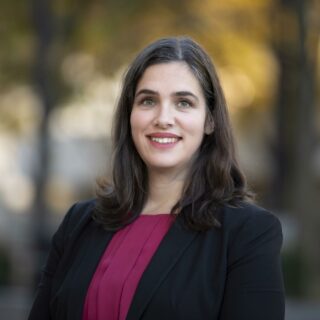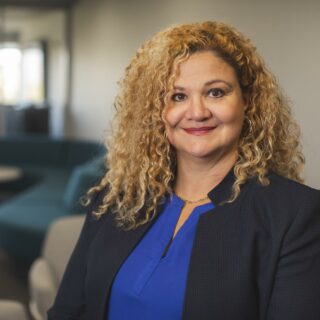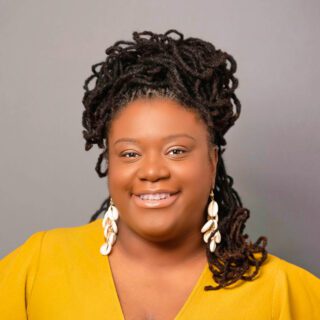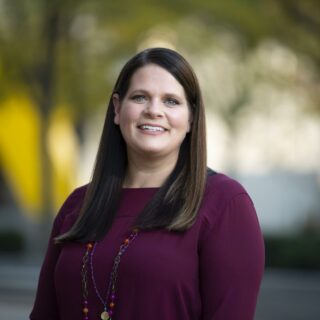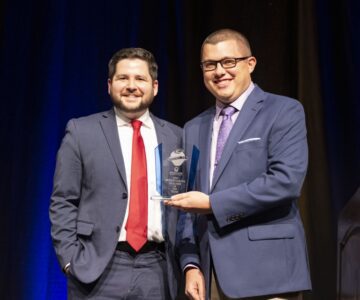SCHOOL OF EDUCATION PREREQUISITES
- 3 credits of Foundations of Special Education
- 3 credits of Adolescent Development
EXPERIENCE WORKING WITH CHILDREN PREREQUISITES
- 30 hours of experience working with K-12 children (preferably adolescents). Typical experiences include work at summer camps, tutoring, community involvement, or other volunteer or paid work with children.
- Please complete the Hours Documentation Form (PDF)
SOCIAL STUDIES CONTENT PREREQUISITES
Area 1: Content Prerequisites 15-18 credits)
This area requires a minimum of 5 three-credit courses. Courses must directly address content in the following topic areas. A single course may satisfy more than one of these required foci. If regional, period, and/or topic specific courses are used to meet these prerequisites, up to 3 additional credits will be required in order to meet content expectations.
- U.S. History;
- Western European History;
- World History (non-Western);
- Ancient History;
- Geography; and
- World Cultures
Area 2: Civics (3 credits)
The course must focus on general themes of political science, particularly those related to democracy, civic engagement, American political systems, or related topics.
Area 3: Economics (3 credits)
A course in basic or advanced Economics is required
Area 4: Sociology and Social Foundations (3 credits)
This prerequisite may be satisfied by a course in either the humanities, social sciences, or education that examines how socially constructed categories create advantages and disadvantages in social or educational institutions.
Examples include courses that explore the history, nature, or implications of:
- classism and capitalism;
- heterosexism, homophobia, genderism, and sexism;
- racism, xenophobia, and ethnocentrism;
- religious oppression;
- ableism; and/or
- other, interrelated forms of subordination





